New Kaiser Permanente study finds more hospitalizations for cardiovascular disease, heart attacks, and heart failure in the 5 days following the election
A Kaiser Permanente study conducted in Northern and Southern California found hospitalizations for heart attack, stroke, and heart failure were 17% higher in the 5 days after the 2020 election than in the same 5 days in the period 2 weeks before the election. The study was published April 20 in JAMA Network Open.

“We should not underestimate the impact of emotional stress on heart disease,” said co-first author Jamal S. Rana, MD, PhD, an adjunct investigator with the Kaiser Permanente Northern California Division of Research and a chief of cardiology with The Permanente Medical Group in Oakland.
“While previous studies have shown such adverse effects around times of natural or other disasters, our study shows the importance of awareness regarding the heightened risk during significant political events as well,” Rana added. “As a next step, we need to develop strategies that can help mitigate this elevated risk associated with consequential political events.”
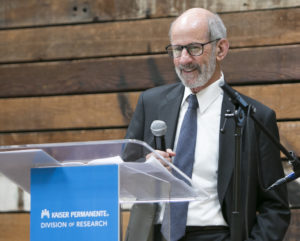
For the study, the researchers reviewed the medical records of 6,396,830 adult members of Kaiser Permanente Northern California and Kaiser Permanente Southern California, looking for diagnoses of hospitalization for cardiovascular disease, heart attack, heart failure, or stroke. When they compared the 5 days after the election to the same 5 days in the period 2 weeks before the election, they found:
- Rates of overall acute cardiovascular disease were 17% higher.
- Rates of heart attacks were 42% higher.
- Rates of heart failure were 18% higher.
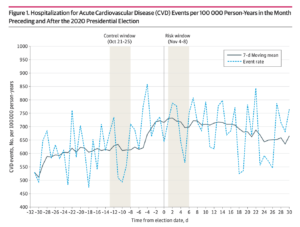 “The study results should serve as a reinforcement message to individuals with cardiovascular disease about the importance of taking their medications, especially during emotionally stressful events such as political elections,” said senior author Stephen Sidney, MD, MPH, a senior research scientist at the Division of Research.
“The study results should serve as a reinforcement message to individuals with cardiovascular disease about the importance of taking their medications, especially during emotionally stressful events such as political elections,” said senior author Stephen Sidney, MD, MPH, a senior research scientist at the Division of Research.
Some members of the research team were involved with a similar study following the 2016 presidential election. That study, which included only Kaiser Permanente Southern California members, found a 62% higher risk of hospitalization for heart attacks or stroke in the 2 days immediately following the 2016 presidential election compared to the same 2 days in the 1 and 2 weeks prior.

For the 2020 presidential election, researchers chose the 5 days following the November 3 election (November 4 through 8) as the period to study because most national media projected the winner on November 7. They chose the 5-day period of October 21 through 25 as the control period to avoid the intense media and social media coverage in the days leading up to the election.
“This study of the 2020 U.S. presidential election reinforces the findings from our study of the 2016 presidential election: In both cases we saw significantly higher rates of acute cardiovascular disease in the days after the election,” said co-first author Matthew T. Mefford, PhD, of the Kaiser Permanente Southern California Department of Research & Evaluation. “Just like large sporting events or other events that can cause excitement and anxiety, the emotions surrounding presidential elections may trigger a higher risk of heart attacks among certain people.”
Partial funding for this study was provided by the W.K. Kellogg Foundation.
Co-authors include Jennifer Liu, MPH, of the Division of Research; Kristi Reynolds, PhD, Omesh Ranasinghe, MPH, Lei Qian, PhD, Hui Zhou, PhD, and Teresa N. Harrison, SM, of the Department of Research & Evaluation; Murray A. Mittleman, MD, Elizabeth Mostofsky, ScD, Alan C. Geller, MPH, and David R. Williams, PhD, of the Harvard T.H. Chan School of Public Health; and Richard P. Sloan, PhD, of the Columbia University Medical Center.
# # #
About the Kaiser Permanente Division of Research
The Kaiser Permanente Division of Research conducts, publishes and disseminates epidemiologic and health services research to improve the health and medical care of Kaiser Permanente members and society at large. It seeks to understand the determinants of illness and well-being, and to improve the quality and cost-effectiveness of health care. Currently, DOR’s 600-plus staff is working on more than 450 epidemiological and health services research projects. For more information, visit divisionofresearch.kaiserpermanente.org or follow us @KPDOR.
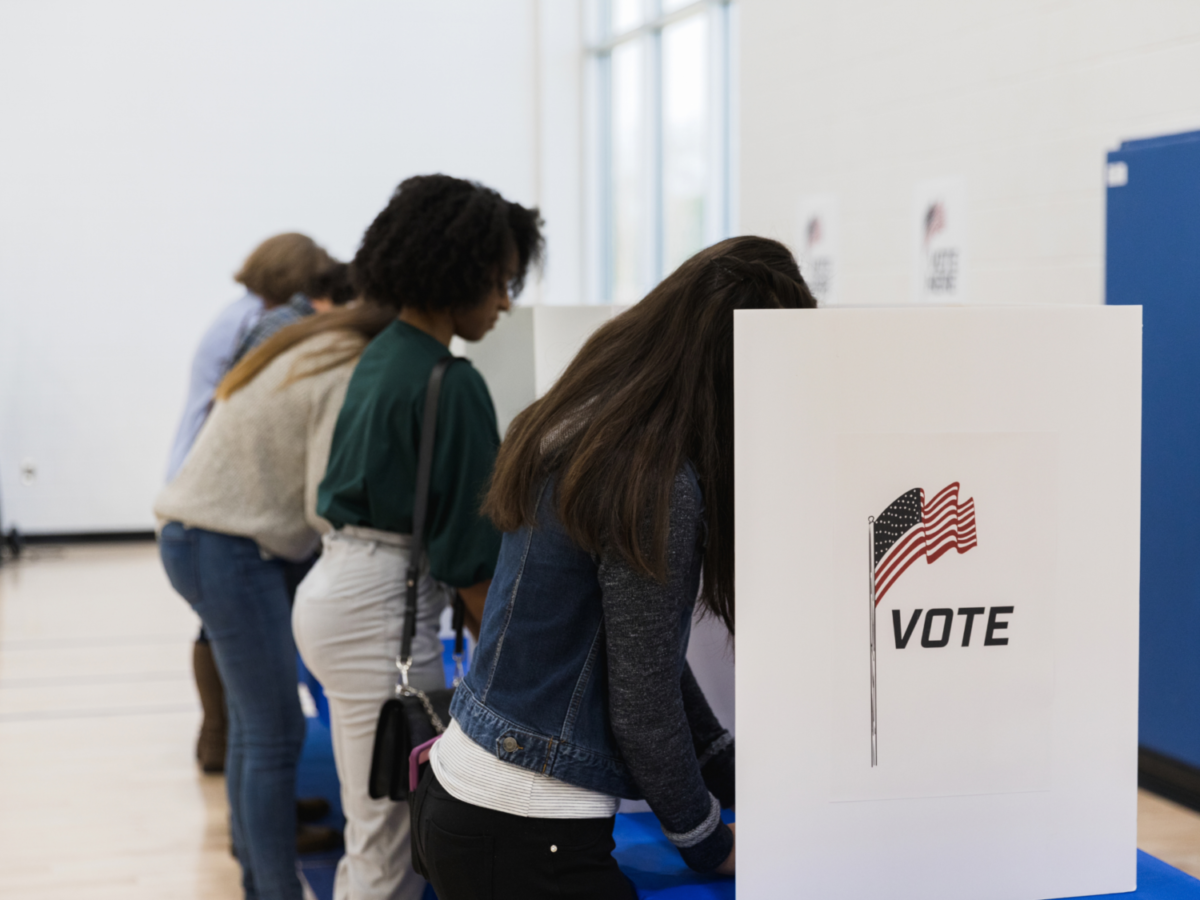
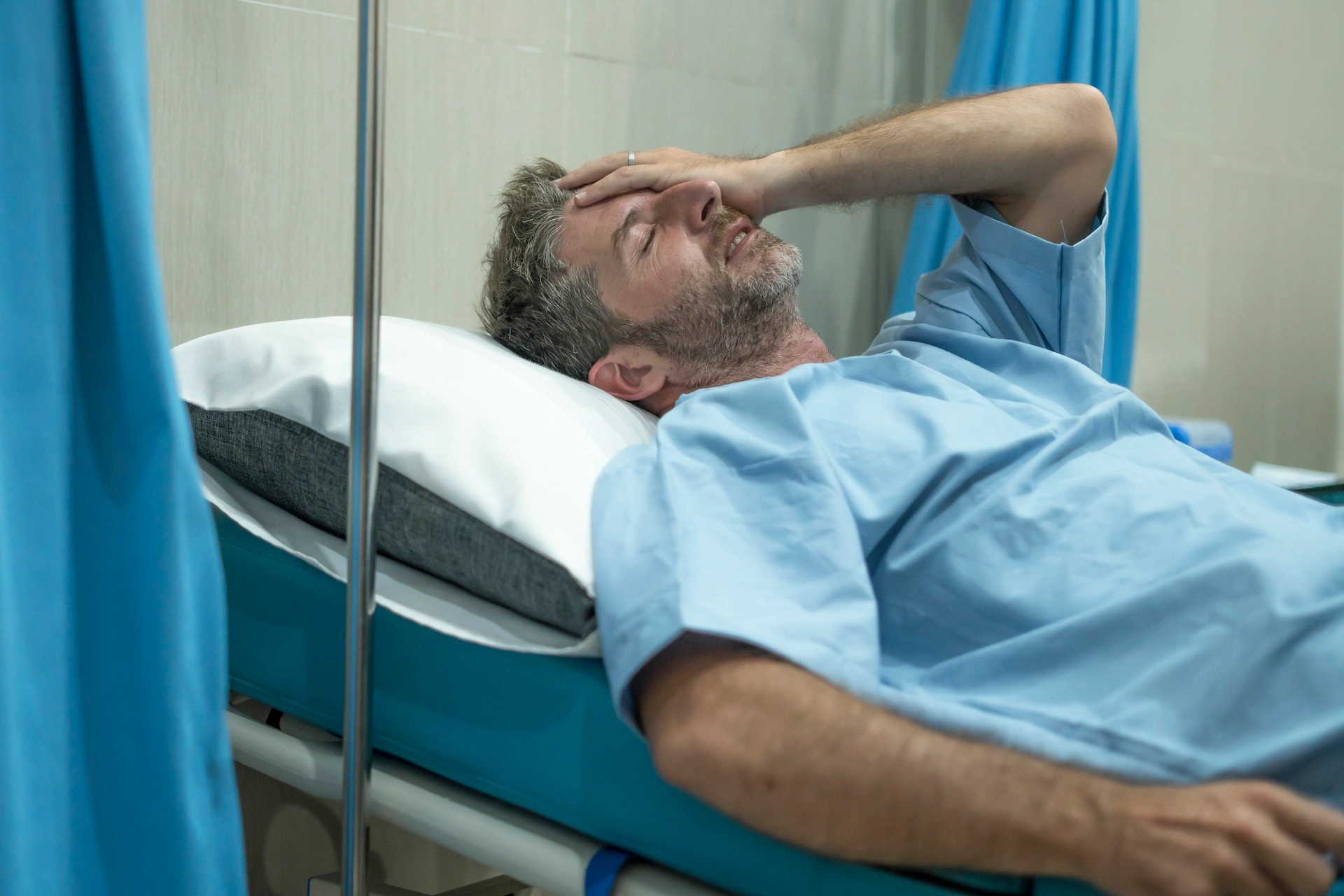


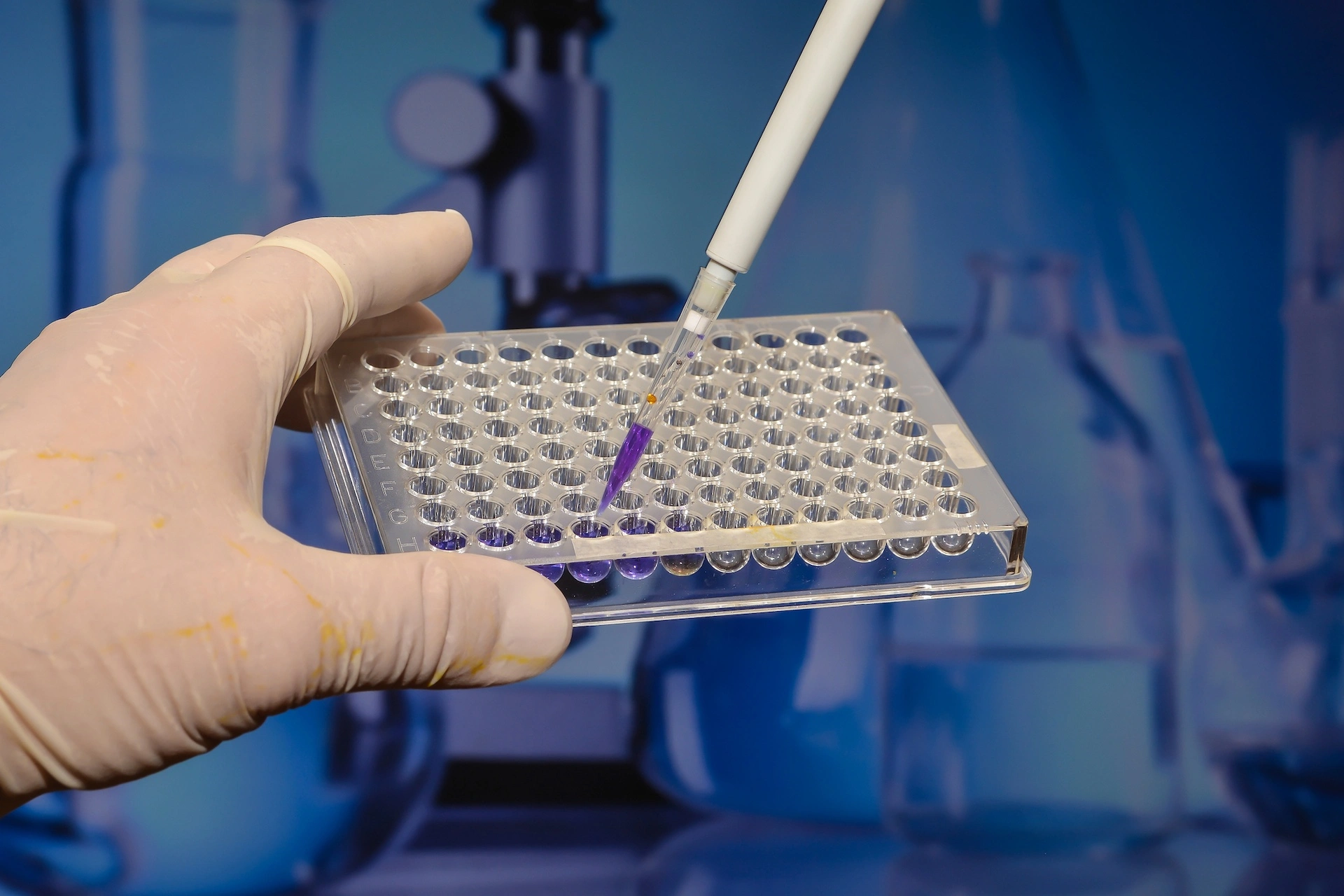
This Post Has 0 Comments